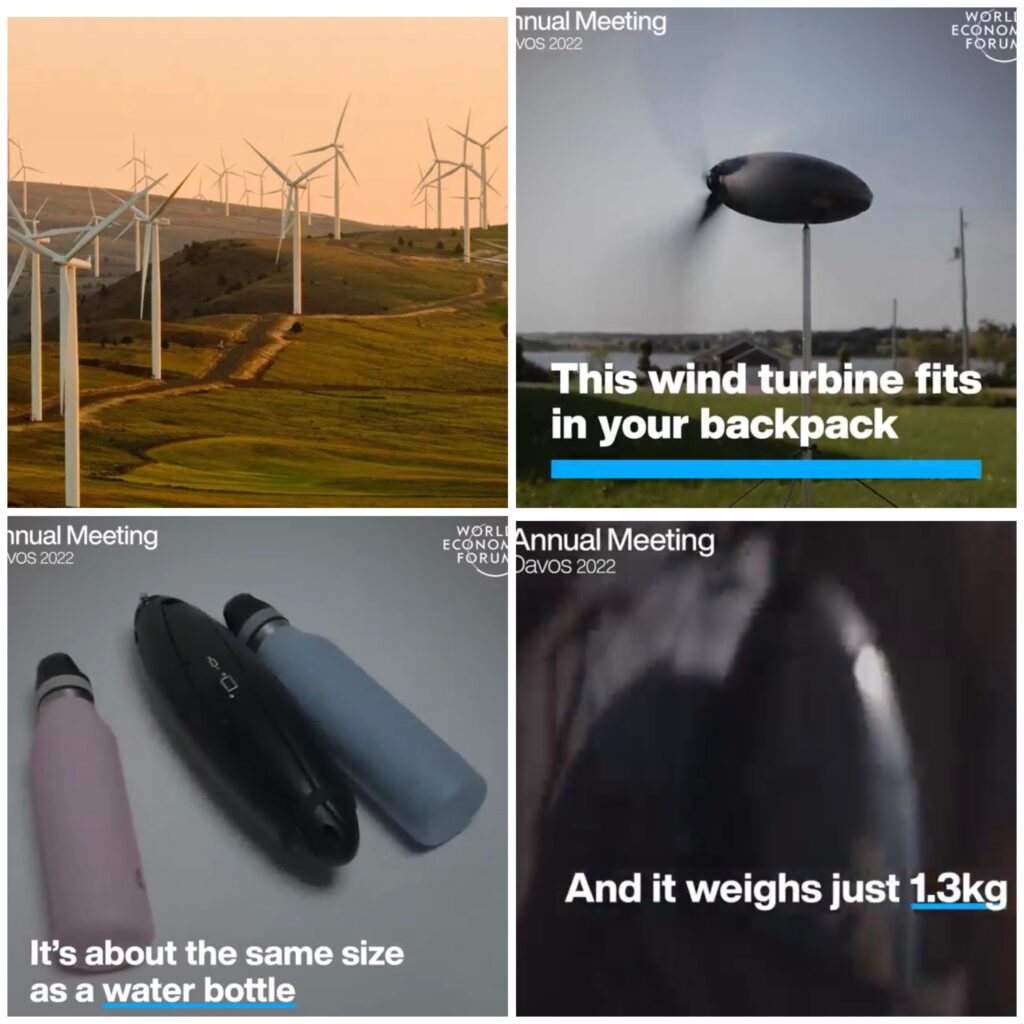Key insights into accelerating the energy transition
A series of systemic shocks over the past three years has had an acute impact on national and regional energy systems. The COVID-19 pandemic – followed by the faster than expected economic rebound – led to energy supply-demand imbalances, which have now been further compounded by the war in Ukraine. The resulting energy market volatilities have driven energy prices sky-high, severely affecting households and businesses alike.

The World Economic Forum’s Energy Transition Index (ETI) has shown that the world has made steady, albeit measured, progress in its energy transition journey over the past decade. Forward momentum is to be celebrated. Yet, the urgency for transformative interventions to mitigate climate change has intensified.
- Over the past three years, environmental, macro-economic, and geopolitical shocks have put the global energy transition under pressure.
- High energy prices, risks of energy supply shortages, and shortfalls in meeting climate goals now threaten energy affordability, security, access, and sustainability.
- Energy market volatility and security constraints present an opportunity to supercharge the energy transition by ramping up clean energy investments and reshaping industrial and end consumer energy consumption.
- These and other insights are addressed in the World Economic Forum’s Energy Transition Index 2022, developed in collaboration with Accenture
Source: WEF
You must be logged in to post a comment.